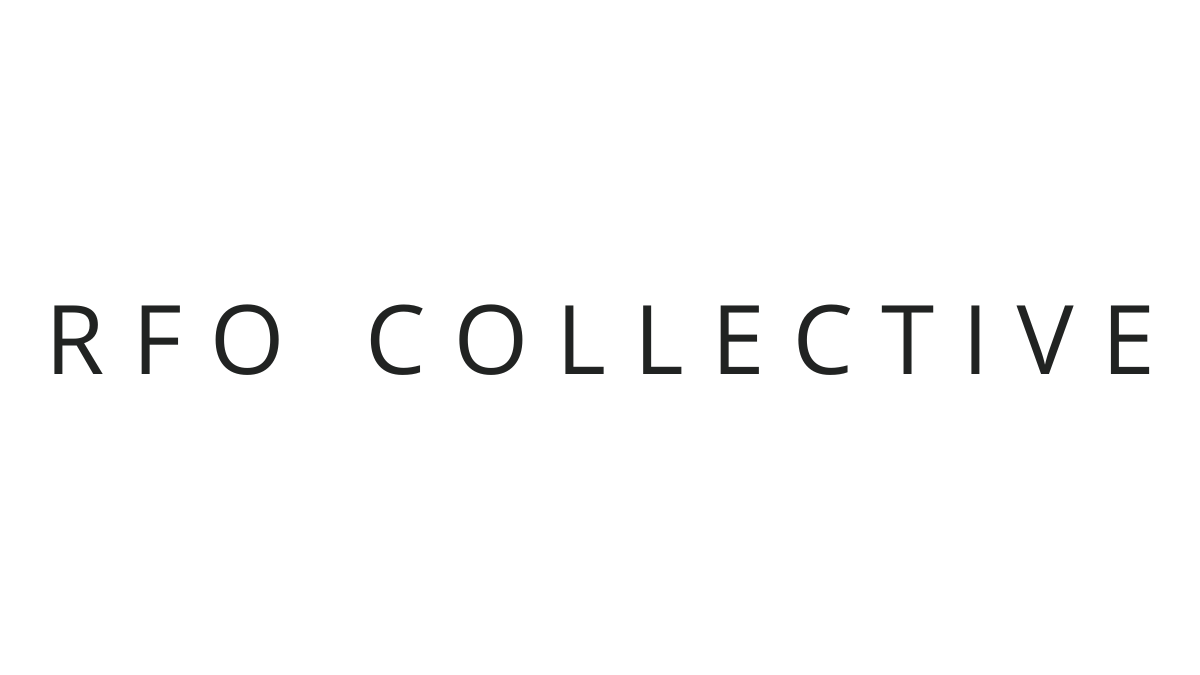Letting Go of the Past: Finding Peace in the Story of the Two Brothers
Finding Peace After Betrayal
The story of Esau and Jacob, two brothers whose lives were intertwined by a complex web of love, rivalry, and deceit, serves as a powerful testament to the human capacity for both deep-seated resentment and unexpected forgiveness. Their journey, fraught with betrayal and reconciliation, offers a poignant exploration of the profound impact of past grievances on present relationships and the transformative power of letting go.
Their story begins with a birthright. Esau, the elder, returns from a hunt to find his younger brother, Jacob, enjoying a bowl of lentil stew. Exhausted and famished, Esau bargains his birthright – the associated privileges and blessings – for a single meal. Jacob, ever the opportunist, readily agrees. This seemingly insignificant transaction sets the stage for a lifetime of conflict, as Esau's resentment simmers beneath the surface.
Years later, their father, Isaac, lies on his deathbed. Desiring to bestow his blessing upon his firstborn, Isaac sends Esau out to hunt for game. Jacob, with the help of his mother, Rebekah, deceives his father, disguising himself as Esau and receiving the coveted blessing. When Esau returns and discovers the deception, his anger erupts. "Bless me, even me also, my father," he pleads, but to no avail. The blessing, once spoken, cannot be reversed.
Esau, consumed by rage and a thirst for revenge, vows to kill his brother. Rebekah, fearing for Jacob's life, sends him away to her relatives. Years pass, and the brothers remain estranged. Jacob, now a prosperous man with a large family, returns to his homeland. Anticipating a hostile reception, he sends messengers ahead, bearing gifts for his brother.
The reunion is fraught with tension. Esau, though initially furious, is eventually moved by Jacob's humility and the sight of his large family. "I have enough," he declares, refusing to accept any more gifts. "Let me now go to my father." And so, the brothers embrace, tears streaming down their faces.
The story of Esau and Jacob is a powerful reminder that the wounds of the past can run deep, but they do not have to define the future. Through forgiveness and a willingness to let go of past grievances, even the most bitter enemies can find reconciliation and healing. As Esau demonstrates, true forgiveness is not about condoning past wrongs but about choosing to move forward, leaving the pain and resentment behind.

